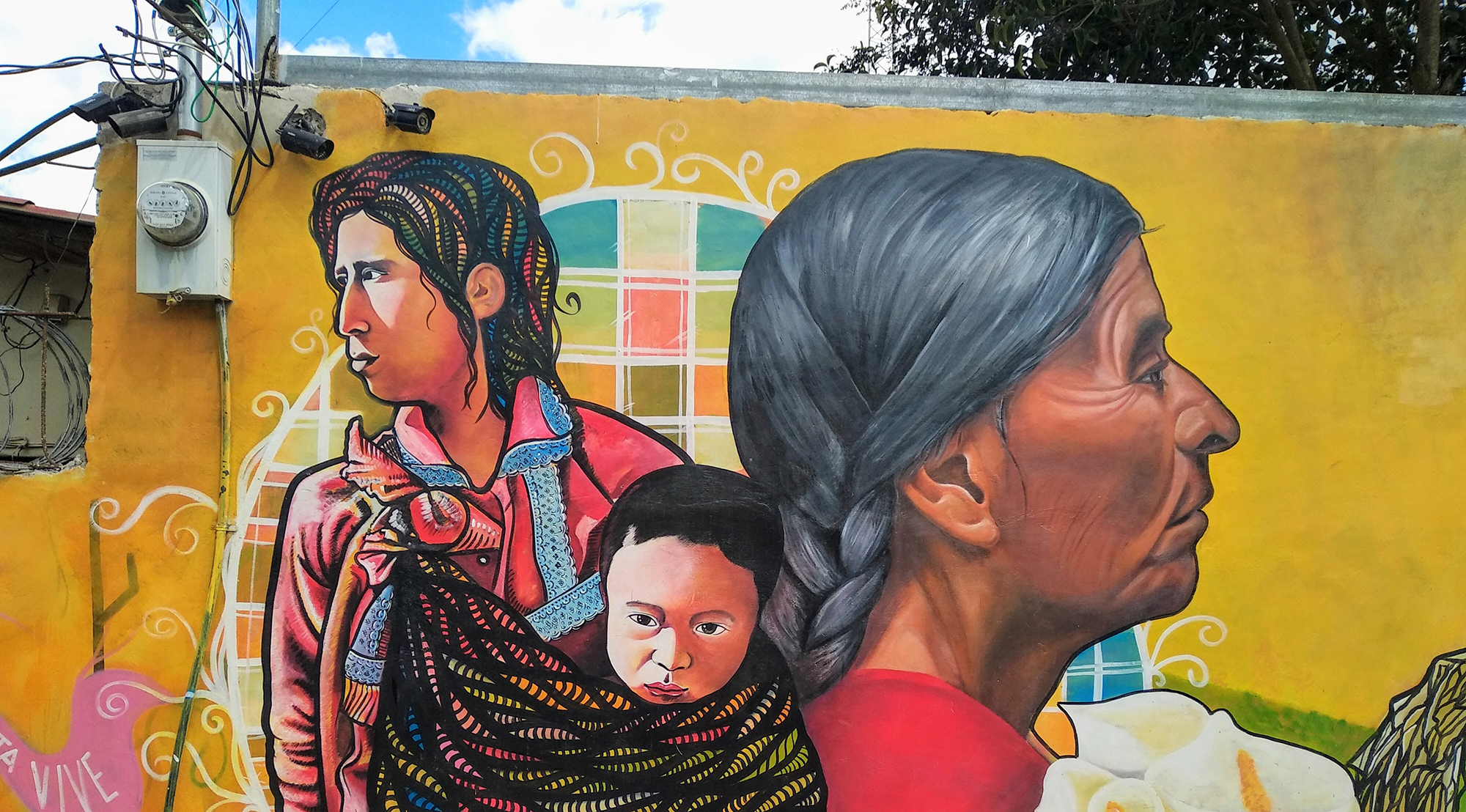Defending human rights in Central and South America is a high-risk undertaking, especially for women. However, despite the risks, women play a significant role in protecting land rights and the environment and working for gender equality; this helps to create room for peace to flourish.
The stated aim of sub-goal 6 of the focus area “Effective inclusion of women in conflict prevention” in Switzerland’s 4th National Action Plan 1325 on women, peace and security is to “recognize the particularly precarious position of female human rights defenders and to protect their work”. International awareness and recognition are important for protecting female human rights defenders, but the gender-specific risks and obstacles confronting these women also require state action to be taken, with an intersectional gender focus.
The criminalization of human rights defenders, the failure to punish offenders and the militarization of public safety – dangerous contradictions in Honduras
According to the PBI report called “Defending the land has a woman’s name”, between 2013 and 2018, 642 female human rights defenders were prosecuted in Honduras, many of them in connection with their activism on land rights and environmental protection. Furthermore, five female human rights defenders have been killed in Honduras in the last two years, and between 2016 and 2017 there were a total of 1,232 attacks on female human rights defenders, their families or organizations. Yet the perpetrators often go unpunished.
Over the last six years, state expenditure on security and defense has increased by 112% and the presence of military police to ensure public safety is increasing all the time. For female human rights defenders, who are usually also responsible for their families alongside their activism, encounters with the military police are often extremely traumatic. María Felícita López, coordinator of the Lenca indigenous peace movement of La Paz – Honduras (MILPAH), told us how her home was searched at night by the military police: “They fired three times at my eleven-year-old son, but thank God they didn’t hit him. They called me a slut and a drug dealer.” The women from MILPAH who were attacked that night reported the incident, but the perpetrators were released without charge – a widespread, systemic problem.
In 2015, a national decree on the protection of female human rights defenders was issued, but the implementation of the regulations has been patchy. There are complaints that funding, transparency and trained personnel are all in short supply. At the instigation of civil society, the ruling was extended to include preventive, economic and psychosocial measures, but it is normally the police who are responsible for implementing it. Female activists have to endure sexist treatment by male police officers, so the police become both perpetrators and protectors at the same time. In any case, the local authorities are often not familiar with the regulations and have received no training on issues of gender, human rights or safety precautions. Many female human rights defenders therefore distrust the national authorities and only 18.5% of the activists who fall victim to attacks take legal action.
Gender perspective in state institutions and the legislation on protecting human rights defenders
In Honduras and other countries in which Peace Brigades International (PBI) operates, impunity from prosecution, the militarization of public safety and the criminalization of legitimate human rights work all pose great problems for female human rights defenders. While these problems do also affect men, for women the discrimination based on their gender is a further obstacle that has, as yet, not been adequately taken into account in laws and state institutions. That is why, in addition to physically accompanying female activists and providing psychosocial support, PBI also carries out advocacy work and is in constant contact with local and national authorities in an attempt to stop the stigmatization, criminalization, and persecution and ensure that the important work of female human rights defenders in the interests of peace is recognized and protected.


